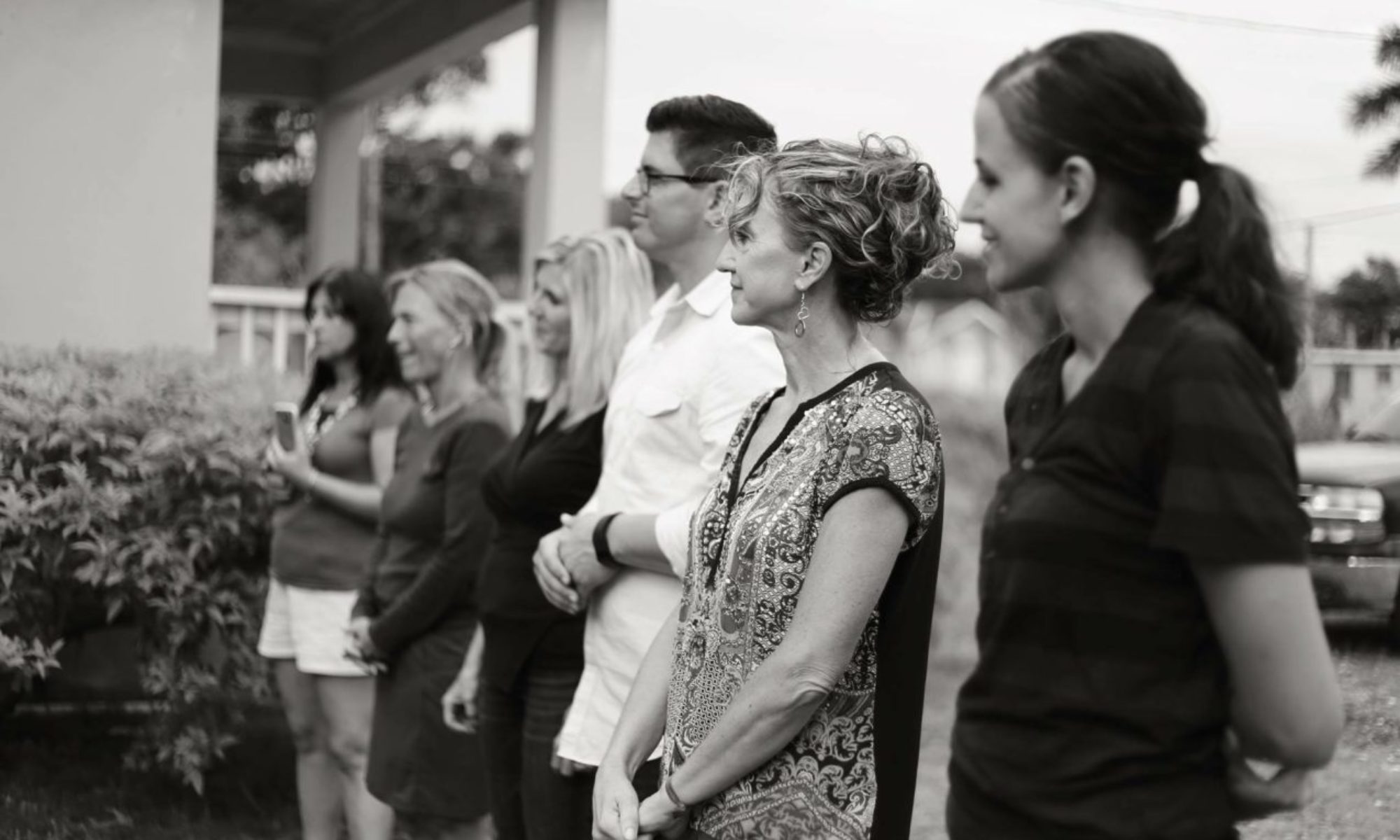Have you ever given someone a gift, never to see them wear it, hang it on the wall, or utilize it in any way? After my sister was married, I sent off one of her engagement photos and had it replicated to a painting. From the moment I presented it to her and her husband, I never saw it again. I don’t know what she did with it, but it would seem that she never hung it anywhere.
A powerful way to connect with those we love is through the knowledge and use of known love languages. Whether it be a partner, significant other, spouse, or friend, we can meet each other’s emotional need to feel loved by understanding their primary love language. This alone provides a priceless advantage. You may also find it very helpful to evaluate and acknowledge your own key love language(s).
According to author Gary Chapman, the author of “The 5 Love Language,” there are five expressions of love and the one that makes you feel most loved may be different than someone else’s. For example, I have a friend whose primary love language is indeed gifts. To give her a gift, provides her with a profound feeling of being loved. For myself, gifts do not provide me with that feeling. When someone provides to me an act of service, it could be anything, I feel truly loved. Here is a more comprehensive list of Gary’s 5 love languages:
Words of Affirmation
This would be the use of verbal compliments or words of appreciation. For example, “I love how you helped me clean up the kitchen after dinner.” We may often think these thoughts, but to those who feel deeply loved by affirmation, it can be meaningful and imperative to express it.
Quality Time
This is about giving someone your undivided attention and being attentive to them. Intimacy doesn’t just happen in the bedroom. It’s about spending time alone together in an atmosphere of communication, focused attention, eye contact, and respect. Spending daily time in healthy communication should be considered a minimum daily requirement. If quality time is primary to you or your partner, plan quality activities of mutual interest.
Acts of Service
By physically serving another, doing the things that you know they would like you to do, you can provide a profound expression of love to them. If you know this to be your partner’s primary love language, seek to do what you can to reduce their load. Make a list if it helps. Acts of service should not feel forced, but should be done out of love. Requests give direction to love, however, demands can stop the flow of love. Examples include cleaning, cooking, making beds, fixing things, and running errands.
Receiving Gifts
The long history of the giving of gifts is a cultural pattern which has intrigued anthropologists. Gifts are a visual symbol of love and a part of many modern day rituals. These gifts can be purchased, found, or made. If this is your partner’s primary love language, you may have to change your attitude toward spending money, but creativity can go a long way.
Physical Touch
There is great power in physical touch. Holding hands, kissing, embracing, and sexual intercourse are all ways of communicating emotional love to one another. Physical touch is not limited to one localized area of the body, but some areas will be more sensitive than others. Light touches of love require little time, but much thought. If a primary need, expression through touch is only limited by the imagination.
Having a different primary love language than your partner may feel awkward at first to feed, but without knowledge you will continue to stumble. I would encourage, if you have not done so, that you and your partner do a questionnaire to understand what makes you each feel truly loved. Just web search the love languages quiz.
I sincerely believe that understanding your partner more fully can only enhance your relationship. What you learn can also be transferred to other relationships, including friendships. Providing someone with the feeling of being loved is a gift of ultimate value.
People who love each other fully and truly are the happiest people in the world. They may have little, they may have nothing, but they are happy people. Everything depends on how we love one another.
~ Mother Teresa
Regerence: Chapman, Gary (2010). The 5 Love Languages: The Secret to Love That Lasts (3rd Edition). Northfield Publishing.


